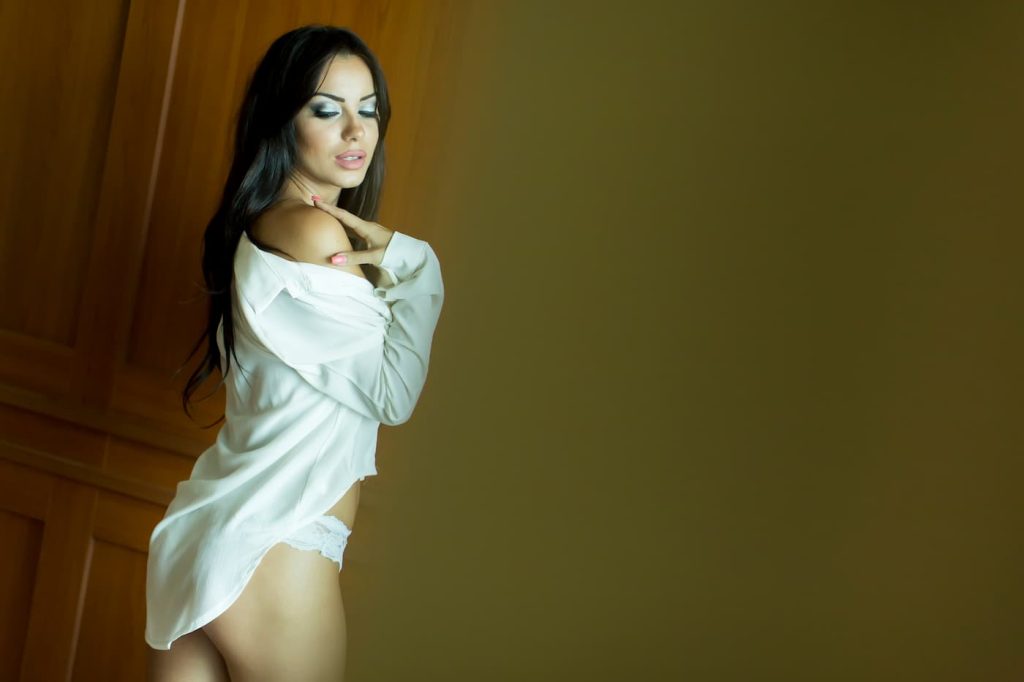Dating Apps: Emotional Highs and Sudden Lows
The Rollercoaster of Swipes and Matches
Dating apps have transformed the way people connect. With just a few swipes, you can meet someone new, spark a conversation, and even set up a date—all without leaving your home. The accessibility is thrilling, and the possibility of endless matches gives users a rush of anticipation. Every notification feels like a small reward, a sign that someone is interested or impressed. This constant stimulation creates emotional highs that can feel addictive. The dopamine boost of matching with someone attractive or receiving a flirty message often overshadows the reality of whether the connection is truly meaningful.
But when the excitement fades or conversations suddenly stall, the lows hit hard. Many users chase quick fixes for the emptiness that follows—immersing themselves in entertainment, overworking, or indulging in temporary escapes. Some may even explore nightlife, luxury outings, or the best escort services to regain a sense of connection, validation, or excitement when dating apps leave them feeling drained. While these diversions offer brief relief, they do not resolve the deeper issue: the unstable emotional swings that come from relying on apps for self-worth and intimacy. Recognizing this pattern is crucial to navigating digital dating without losing balance.

Why the Highs Turn Into Lows
One of the primary reasons dating apps lead to sudden emotional drops is inconsistency. Matches may start strong with playful banter and mutual interest, but just as quickly, they fizzle out. Ghosting has become a normalized behavior in digital dating, leaving one person wondering what went wrong. These abrupt endings create confusion and self-doubt, as the highs of attention quickly flip into feelings of rejection.
Another factor is the illusion of abundance. With so many potential matches available, people often treat connections as disposable. This makes it difficult to build depth or consistency, as both parties know there are always other options one swipe away. While this abundance initially feels empowering, it often leads to shallow interactions and a lingering sense of dissatisfaction.
Comparison also fuels the emotional lows. Seeing how many options others appear to have—or comparing your conversations to friends’ seemingly more successful dating experiences—can leave you feeling inadequate. Even when you match with someone, the knowledge that they are likely talking to multiple people creates insecurity, undermining the excitement of initial attraction.
Finally, dating apps blur the line between fantasy and reality. The curated profiles, witty messages, and carefully selected photos create heightened expectations. Meeting in person often reveals mismatches, leaving you disappointed. The crash from imagining potential to facing reality is one of the starkest emotional drops digital dating produces.
Creating Balance in Digital Dating
While dating apps can be emotionally turbulent, they do not have to be destructive. The key is to approach them with intentionality rather than passivity. Start by clarifying your purpose: are you looking for casual fun, meaningful connection, or simply exploring? Being honest with yourself and others helps set realistic expectations, reducing the sting of sudden disappointments.
Boundaries are essential to maintaining balance. Limiting the amount of time you spend swiping or messaging prevents emotional overinvestment. Instead of checking apps obsessively, designate specific times to engage. This helps keep dating apps a part of life rather than the center of it.
It is also important to remember that self-worth does not come from matches, likes, or messages. Practicing self-care outside of dating apps—whether through hobbies, friendships, or personal growth—creates a stronger emotional foundation. When your sense of validation comes from within, the highs and lows of digital dating have less control over your mood.
Practicing patience and perspective can also help. Not every match is meant to last, and not every conversation will lead to love. Viewing dating apps as one tool among many for meeting people shifts the focus from outcomes to experiences. Each interaction becomes an opportunity to learn more about yourself and what you want, rather than a measure of your worth.
Ultimately, dating apps amplify both the excitement and the disappointment of modern connection. The highs may feel exhilarating, but without balance, the lows can leave you drained and disillusioned. By setting boundaries, grounding yourself in self-worth, and approaching digital dating with clarity, you can navigate the rollercoaster with greater resilience. Instead of being defined by the swipes, you define the experience—choosing connection that sustains rather than fleeting highs that leave you empty.